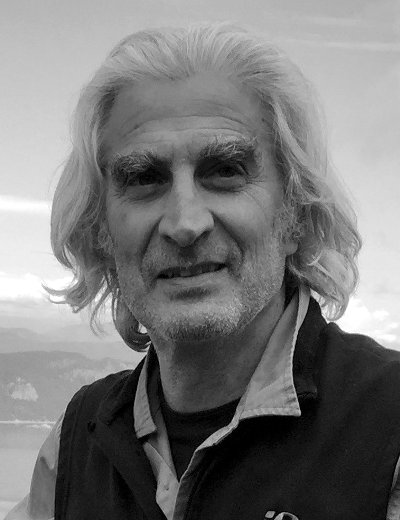Richard Brockman
This presentation will first examine the basis of group formation in hominids – the evolutionary precursors of homo sapiens. As hominids evolved over millions of years, the composition and complexity of the hominid group remained quite stable. Indeed, with the appearance of homo sapiens, about 200,000 years ago, this stability remained. But then about 50,000 years ago, there was a radical change – not a change in the fossil record, but a change in the DNA of homo sapiens – a mutation that enabled a reformation in group size, complexity, and structure. This paper will present a theory as to the nature of that mutation and why it led to monumental change not only in the nature of the groups in which we live, but a change in evolution itself.

Richard Brockman, MD is Clinical Professor, Columbia University, Vagelos College of Physicians and Surgeons, and Visiting Professor at the University of Namibia, School of Medicine.
He has written over 40 papers published in peer review journals primarily focusing neural science and clinical psychiatry. His book, A Map of the Mind, towards a science of psychotherapy was published by International Universities Press to critical acclaim. Life After Death, surviving suicide was published in August ’23 by Arcade Press/Simon&Schuster, also to critical acclaim. His teaching has been honored by the Victor J. Teichner Visiting Scholar Award, from the American Academy of Psychodynamic Psychiatry and Psychoanalysis as well as the Nancy C.A. Roeske, MD, Certificate of Recognition for Excellence in medical student education from the American Psychiatric Association.
He has lectured widely in the United States and abroad.
Brockman is also a playwright whose work has been produced in New York, Los Angeles, London as well as numerous other cities.
His articles have been published in The Atlantic Monthly, The Los Angeles Times Magazine, The Wall Street Journal, The New York Times.
